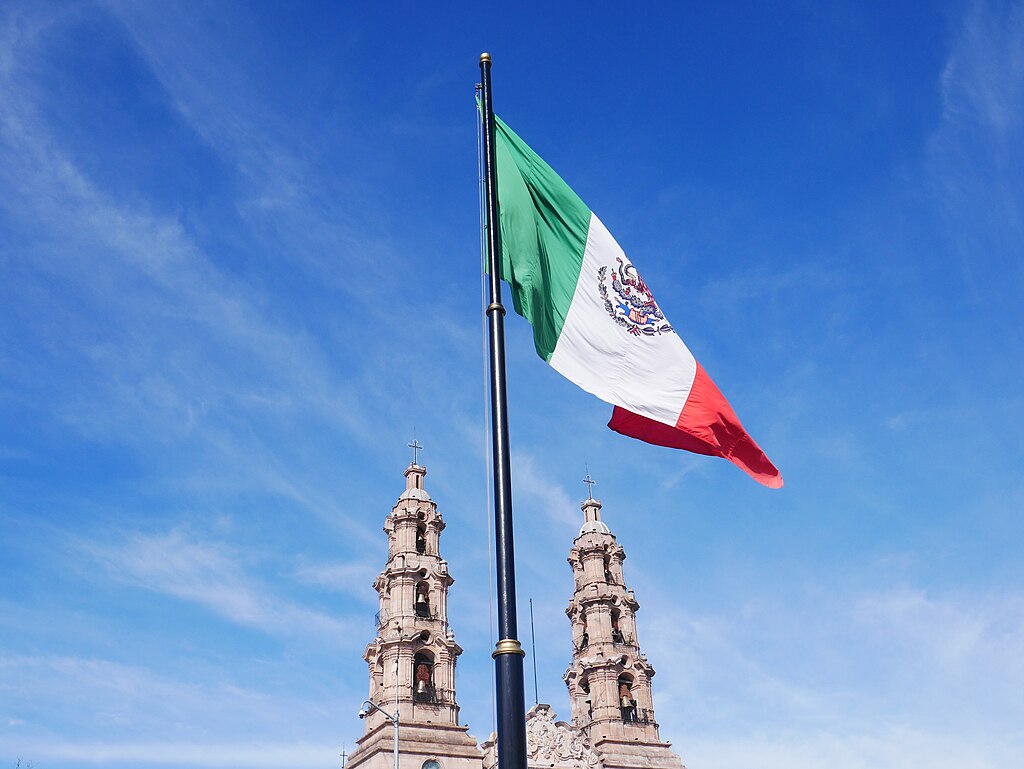European Allies Unite Amid Trump's Return
As Donald Trump's political comeback surprises the world, European leaders gather in Budapest to strategize their response. This summit could redefine transatlantic ties as Trump reshapes US policies.
Published November 08, 2024 - 00:11am

Image recovered from boursorama.com
Amidst the political uncertainties accompanying Donald Trump's recent return to the US presidency, European leaders have gathered in Budapest for a significant summit focused on consolidating their unity. This meeting, the European Political Community (CPE) summit, witnessed participation from 47 European leaders who convened to discuss security challenges, economic implications, and the evolving global political landscape in light of Trump's election.
Hungary's Prime Minister Viktor Orban, a known ally of Trump and Russia, plays an instrumental role as the host of these discussions. His moderate tone during the summit was a departure from his standard rhetoric, reflecting the gravity of the situation as European leaders confront the challenges posed by Trump's policies. Orban emphasized strong transatlantic relations, signaling a potential shift in Hungary's stance amidst growing diplomatic tensions within the EU.
French President Emmanuel Macron, addressing Europe's leaders, underlined the decisive moment this represents for the continent. The European Union's (EU) strategy revolves around enhancing the bloc's autonomy and economic resilience, particularly as they anticipate possible commercial strains following Trump's pronouncements on tariffs—particularly his characterization of the EU as a 'mini China' potentially subject to increased trade barriers.
The summit also witnessed participation from Ukrainian President Volodymyr Zelensky, who has been vocal about ensuring continued Western backing for Ukraine amid fears of a reduction in US support under Trump's leadership. Zelensky highlighted the necessity of maintaining robust transatlantic alliances, asserting that Ukrainian resilience serves European interests.
The compounding political situation in Germany, marked by the collapse of its governing coalition, added an additional layer of complexity to the summit. German Chancellor Olaf Scholz, arriving later due to domestic issues, is expected to be pivotal in any effort to solidify European unity.
Ursula von der Leyen, President of the European Commission, emphasized the need for strategic dialogues covering shared interests and democratic dynamics. This sentiment resonated with many leaders present, including Finland's Prime Minister Petteri Orpo, who stressed the necessity of a powerful Germany within the EU to help stabilize regional dynamics.
Beyond these critical strategic discussions, the role of individual attendees like Greece's Prime Minister Kyriakos Mitsotakis, who called for a realistic reassessment of Europe's geopolitical strategy, signifies increasing recognition of the geopolitical shifts under a Trump administration.
The next phase of discussions, involving only the 27 EU member states, is anticipated to be more challenging given diverse national interests, particularly in light of Orban's bilateral alignments with Russia and non-EU countries like Georgia and Turkey. Hungary's leadership in these dialogues is crucial, as Orban positions himself as a necessary interlocutor amid intensifying diplomatic schisms among EU member states.
As European political actors navigate this intricate landscape, the continuous dialogue at Budapest exemplifies a collective endeavor to craft a cohesive response to the changing dynamics brought about by Trump's unexpected win, underscoring the indispensable role of unity across the continent in addressing global challenges.







